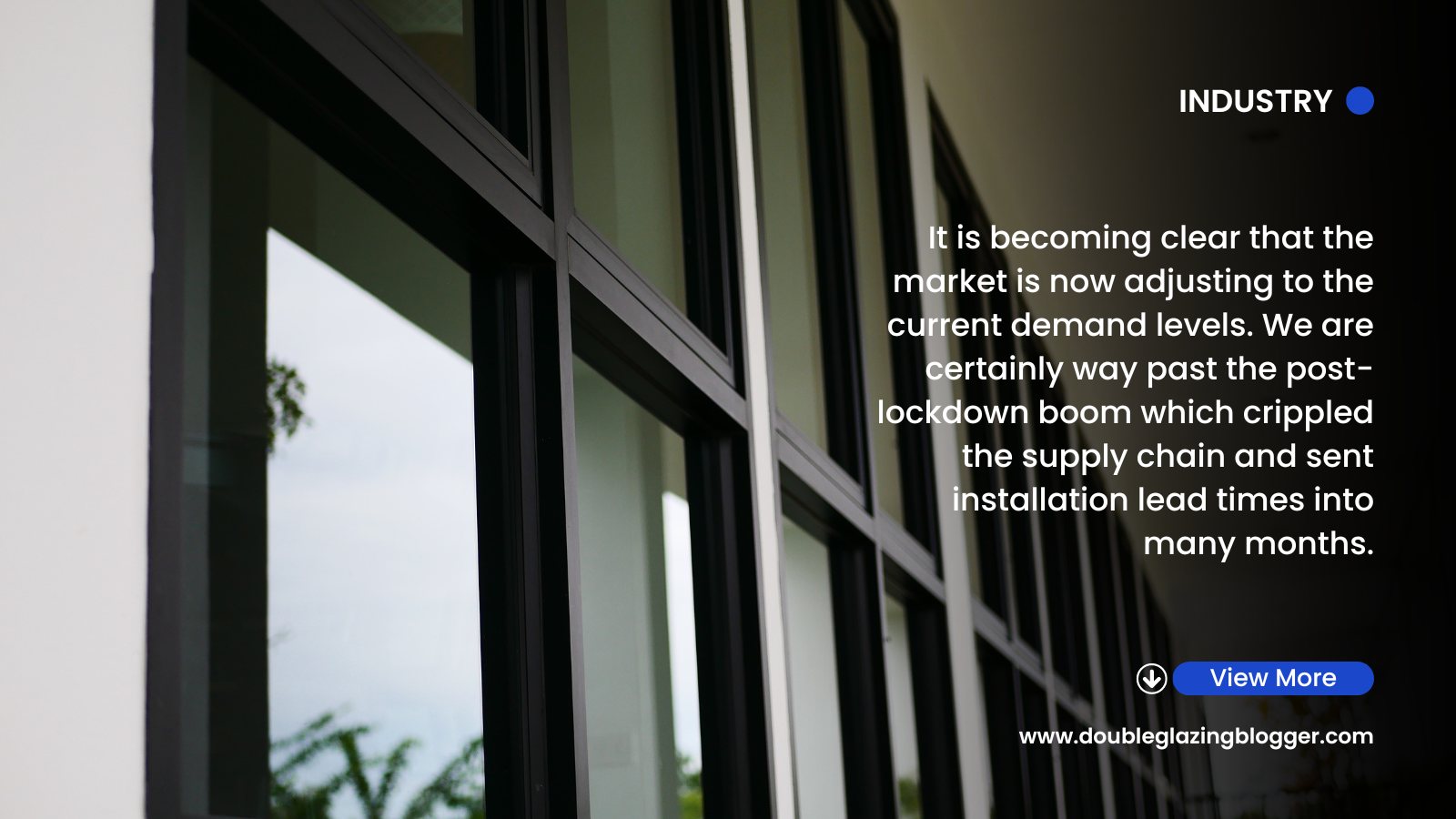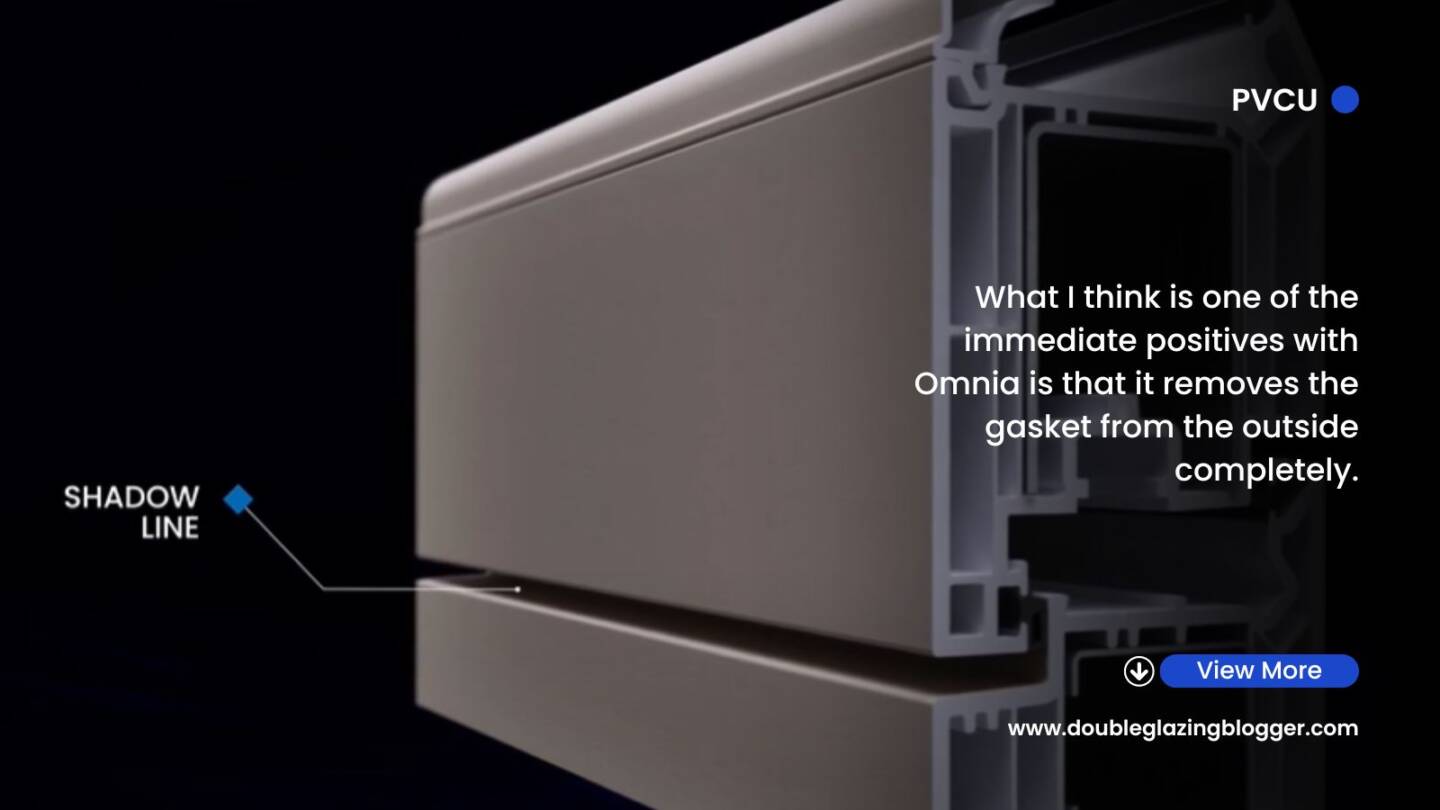More good news for the UK economy this week as it was announced that there are a record number of job vacancies in the country right now. The ONS says that in the three months to July there were 953,000 job vacancies. Unemployment also fell to 4.7%. It’s worth noting that previous estimates were predicting employment to be around 7.5%, which would have been at levels last seen in the aftermath of the financial crisis.
Fenestration job vacancies
The news about the record number of job vacancies is a signal that the bounce-back in the UK economy remains strong. Almost all lockdown restrictions are now lifted, with only the foreign travel industry affected. Most sector are all now fully open, and that means businesses are welcoming customers back. Those who shed jobs in an effort to keep the doors open, or had staff on furlough will now be looking to rehire to facilitate larger customers numbers.
Of course in UK fenestration we have been in this position far longer than other sectors, with a huge upwards swing in business that we can trace back to the end of the first lockdown in May 2020. Since then the sector has enjoyed intense growth, with companies up and down the supply chain posting record numbers on a regular basis.
The offshoot of that however is a supply chain that is crumbling trying to keep up with demand, and acute labour shortages across the various levels of the supply chain. Indeed, you only need to scour the likes of Twitter, Facebook and Linkedin for a minute or two before you start to see large numbers of companies, big and small, advertising job vacancies.
ONS figures also showed that wages rose a whopping 7.4% in annual growth. Though they did heavily caution that this spike in wage rises is likely down to the fact that more staff and returning to work back on full pay rather than furlough pay. Any future rises are likely to be smaller than that in the future.
However, rising wages in UK fenestration is something to keep an eye on. Especially as there is now a fight over the labour force that is currently available.
Wages on the up
What happens when there is huge demand and not enough people to service that demand? The competition for the available labour rises and usually, that ends up with people being offered more and more money to come and work for them. It’s the same principle when it comes to the supply and demand of materials. When people want more of something but there’s only so much to go around then the value of the limited materials rises.
This is what is happening right now when it comes to installers in UK fenestration. Job vacancies in this sector are across the board, but there is an acute need for more fitters at a huge number of installation businesses up and down the country. Installers have told me privately that the inability to fill their job vacancies and find the right skilled people is stopping them from growing further.
We all know about the skills gap in this sector. Whilst we must do everything we can to rectify that situation, that is going to take time. Years in fact. But installers need fitters and they need them now. So what is the solution? Offer more money.
I am a member of a number of forums on social media that are heavily populated by fitters and installation companies and it is crystal clear that the fitting price per window and door is going up and fairly rapidly. Installers are having to entice fitters away from other companies by using money as the main driver. Thankfully, installers have months and months of work ahead so being able to afford to pay more right now isn’t an issue, especially considering that the general public seems willing to pay more. And if you’re a fitter and looking at your options, you’re in the driving seat. At this point in time, with installation companies buckling under work and needing to find installers fast, fitters can almost name their price to come and work for a new business, such is the incredibly stretched labour market right now.
Ultimately, as fitting costs rise, this will be passed on to the consumer. This is going to feed into the overall inflation of home improvement products and will cost the homeowner more. How long that inflation continues remains to be seen. But so long as demand remains high, and the labour shortage stays, then this is a scenario that is going to be with us all for a while yet.
To get weekly updates from DGB sent to your inbox, enter your email address in the space below to subscribe:
By subscribing you agree to DGB sending you weekly email updates with all published content on this website, as well as any major updates to the services being run on DGB. Your data is never passed on to third parties or used by external advertising companies. Your data is protected and stored on secure servers run by Fivenines UK Ltd.





